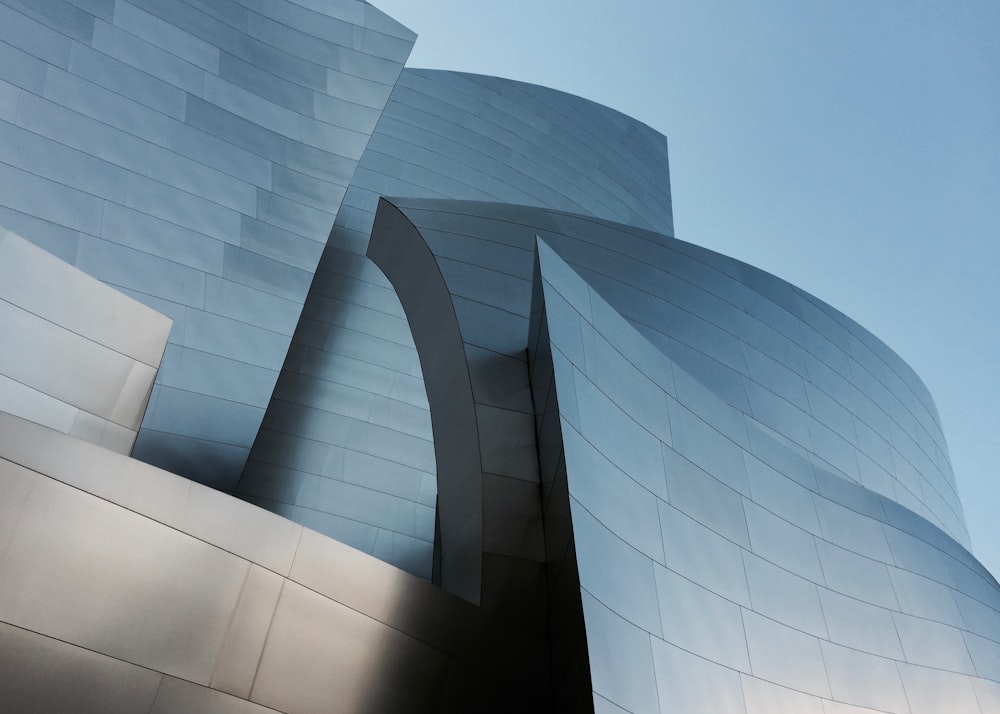Banks and the Competition For Your Money
Banks have become desperate for cash over the past year. One of the largest contributing factors is the roiling economy. Traditional banking institutions make a large majority of their revenue by loaning people money and then selling those loans to investors. They then use the cash from the loan sales to make new loans.
The system works perfectly as long as borrowers make their payments on time. Unfortunately, the current economic climate has decimated the ability of consumers and businesses to pay back their loans. That has placed banking institutions in a precarious position. Rising defaults have starved them of cash. The good news is that the competition for your dollars is heating up.
Why Your Dollars Are Popular
If you’ve been following annualized rates lately, you’ll have noticed that traditional, large banks have reduced the yields on their accounts to all-time lows. Meanwhile, smaller establishments have begun to increase their yields. One of the reasons for this dynamic is due to the recent federal bailouts. Large institutions have received infusions of cash while most smaller banks have not.
Because the small banking establishments have a great need for new money in order to compensate for the rise in loan defaults, they’re willing to offer higher yields in order to attract customers. In some cases, they’ve offered rates that exceed 4% on savings and checking accounts.
Possible Drags On High Yields
Before you open an account at the first bank that gives you a higher-than-average rate, you’ll need to do some research. There are several factors which can drag a high rate down – or at least make it less attractive. For example, some of the banking establishments that are offering high yields are financially unstable. If you’re depositing less than $250,000, your money will be guaranteed by the FDIC. If you intend to deposit more, you’ll need to consider its safety.
Also, be aware of fees. A lot of banks charge extra fees for transferring funds, allowing your balance to drop below a minimum, or even using your debit card. These charges add up and can make an otherwise attractive yield irrelevant. Finally, avoid putting your money into long-term vehicles for higher yields. In the current economic climate, a 5-year CD won’t provide a big enough jump in the rate to justify locking your cash in. You’re better off placing your funds in a 1-year CD or money market account.
As you would when buying a car, television, or computer, shop around and do some investigative work. With a little effort, you can enjoy much higher rates on savings and checking accounts than what large banking institutions offer.





